- Home | Industry Update | New Eco-tech By Iit Madras Set To Redefine Textile Wastewate...
New Eco-Tech by IIT Madras Set to Redefine Textile Wastewater Treatment across India
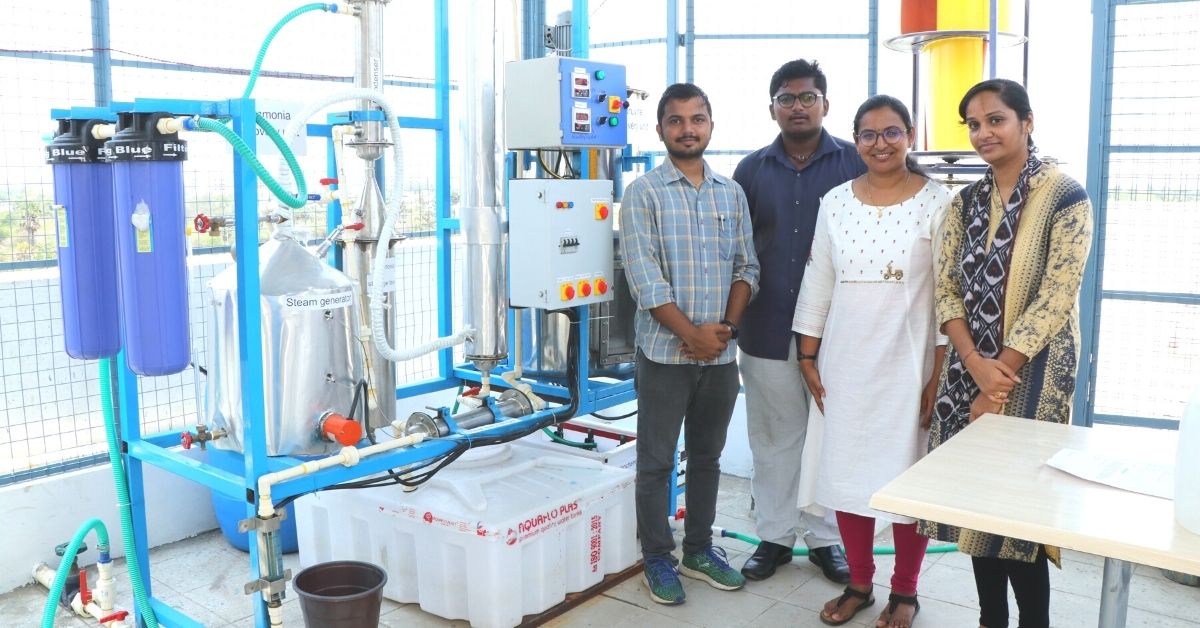
A breakthrough in sustainable water management has emerged from the labs of IIT Madras, where researchers have designed an advanced electrochemical technology to treat textile industry wastewater more efficiently and economically. The textile sector, a major contributor to industrial water pollution, often struggles with the high costs, heavy energy use, and environmental impact associated with conventional Zero Liquid Discharge (ZLD) systems. This new innovation aims to change that.
At the heart of the project is the Electrochemical Ozone Oxidation Process (ECOOP), developed under the guidance of Prof. Indumathi M. Nambi from the Environmental and Water Resources Engineering Division. ECOOP targets one of the most challenging pollutants in textile wastewater dyebath effluent. Through focused treatment, the system achieves an impressive 96 percent colour removal and 60 percent reduction in chemical oxygen demand, all without the use of chlorine. This prevents the formation of harmful carcinogenic compounds, setting a new benchmark in clean water technology.
The pilot implementation at the Kunnakalpalayam Common Effluent Treatment Plant in Tirupur district demonstrated the practical value of this method. It proved capable of reducing the load on reverse osmosis systems by 75 percent, cutting down infrastructure needs and total treatment costs by nearly 25 percent. The technology has already been scaled to handle 400 litres per day and continues to undergo performance optimisation for broader application.
What makes this system truly significant is its alignment with global environmental goals. By reducing carbon footprint, eliminating hazardous chemicals, and enabling cost-effective water reuse, this innovation supports cleaner water bodies and healthier ecosystems. IIT Madras has not only provided a solution for industry but also taken a bold step toward responsible growth and ecological balance in line with multiple United Nations Sustainable Development Goals.
02:49 PM, May 19
Other Related Topics
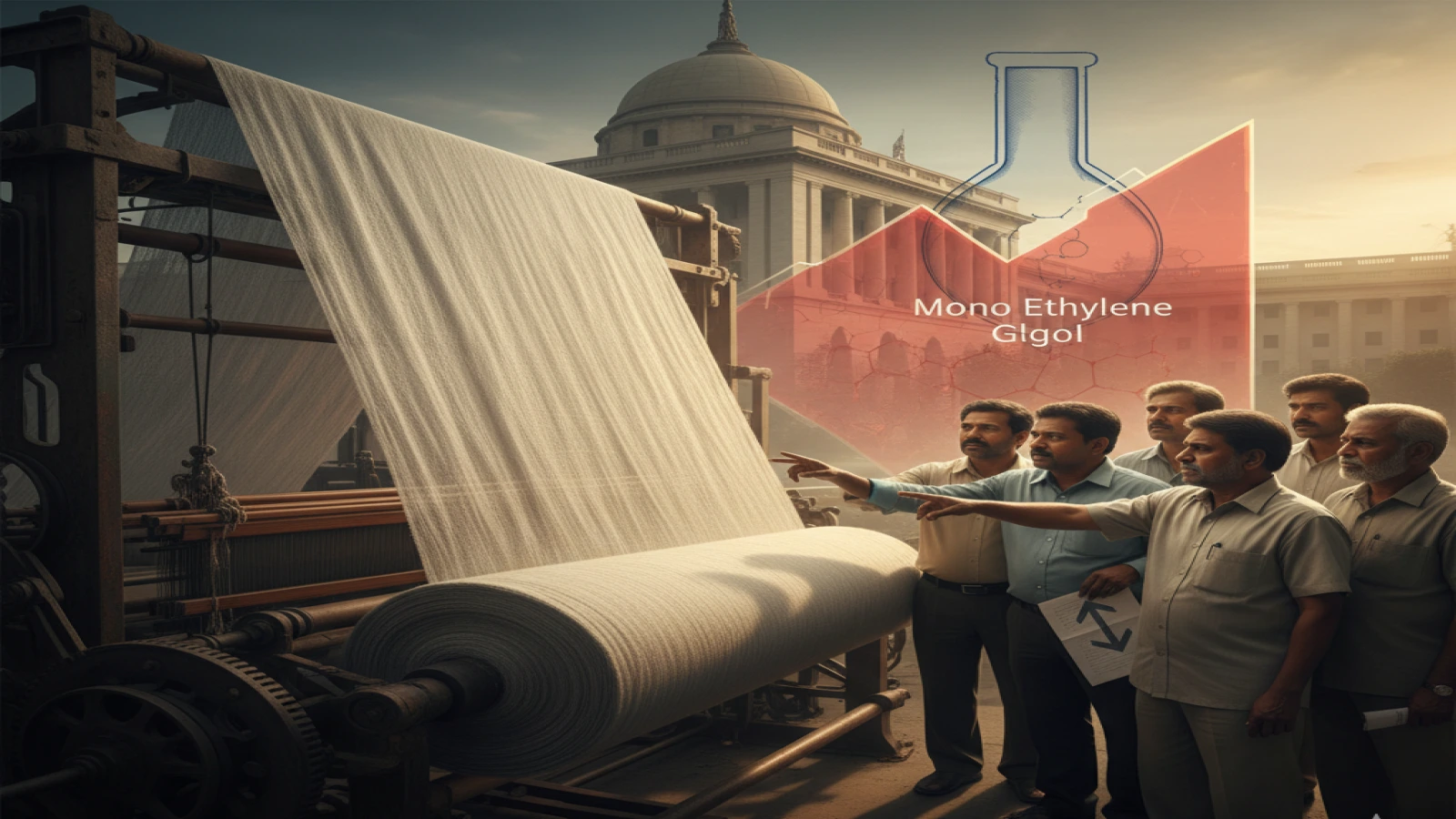

Foreign Buyers Forge New Ties at UP International Trade Show
04:21 PM, Sep 30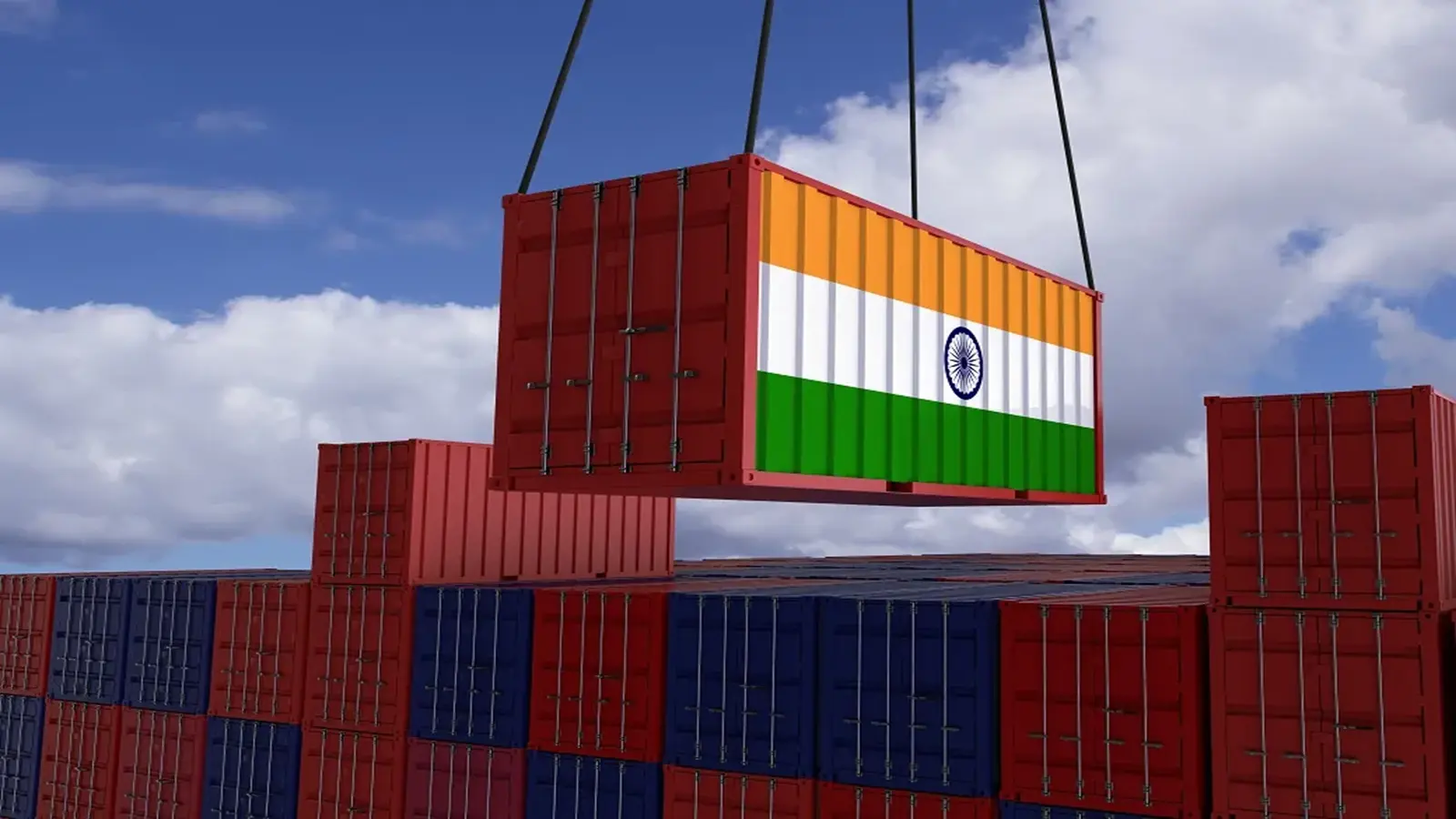
Government Extends RoDTEP Export Incentive Scheme Until March 2026
03:35 PM, Sep 30
Motilal Oswal Backs Kusumgar to Power Growth in Engineered Fabrics
03:09 PM, Sep 30Industry Update

Indorama Ventures Pioneers Scalable Bio-Based PET Fibers for a Low-Carbon Textile Future...view more

Carrington Textiles Introduces Defence Stock Range for Faster Access to Military Fabrics...view more




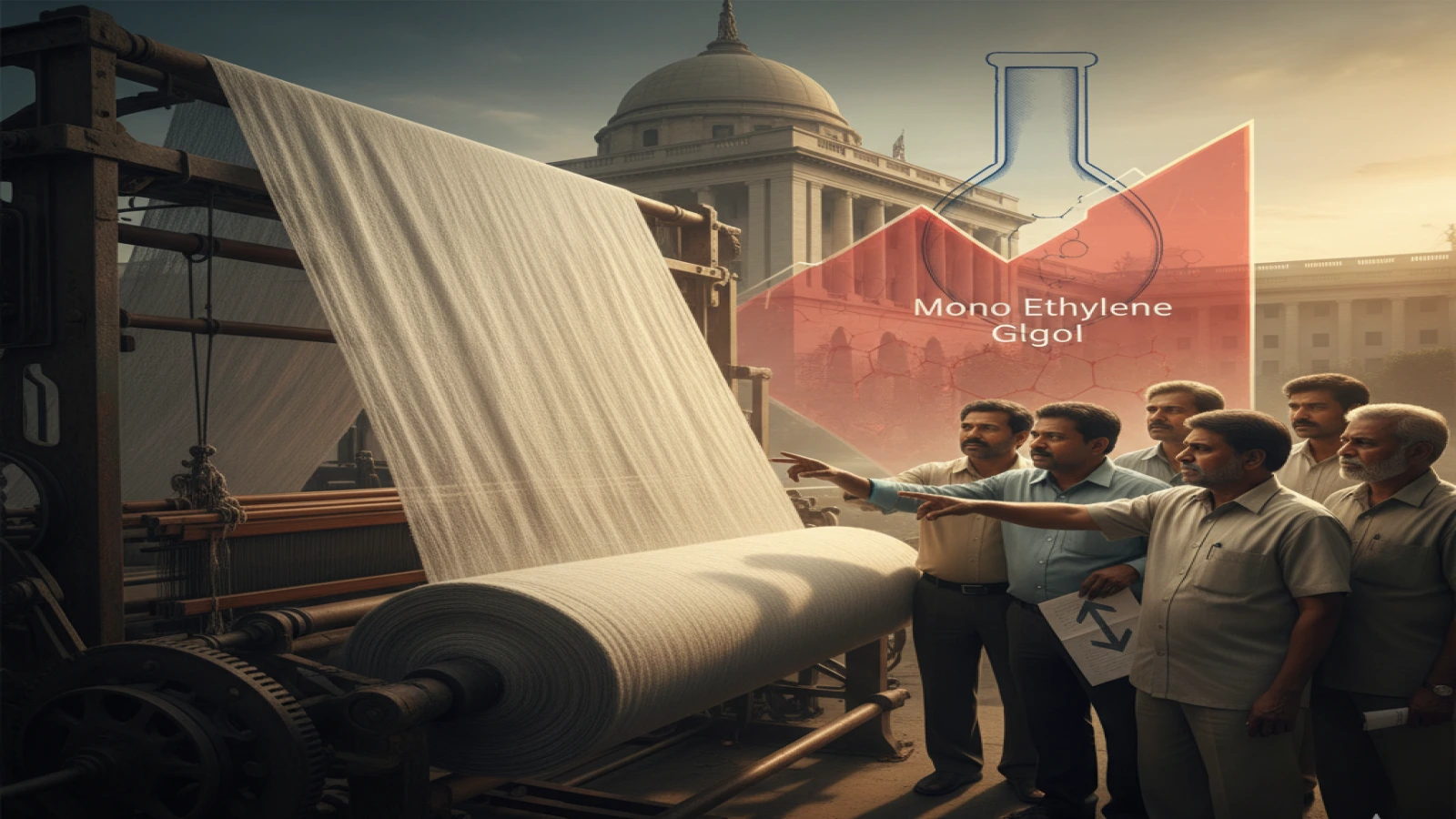


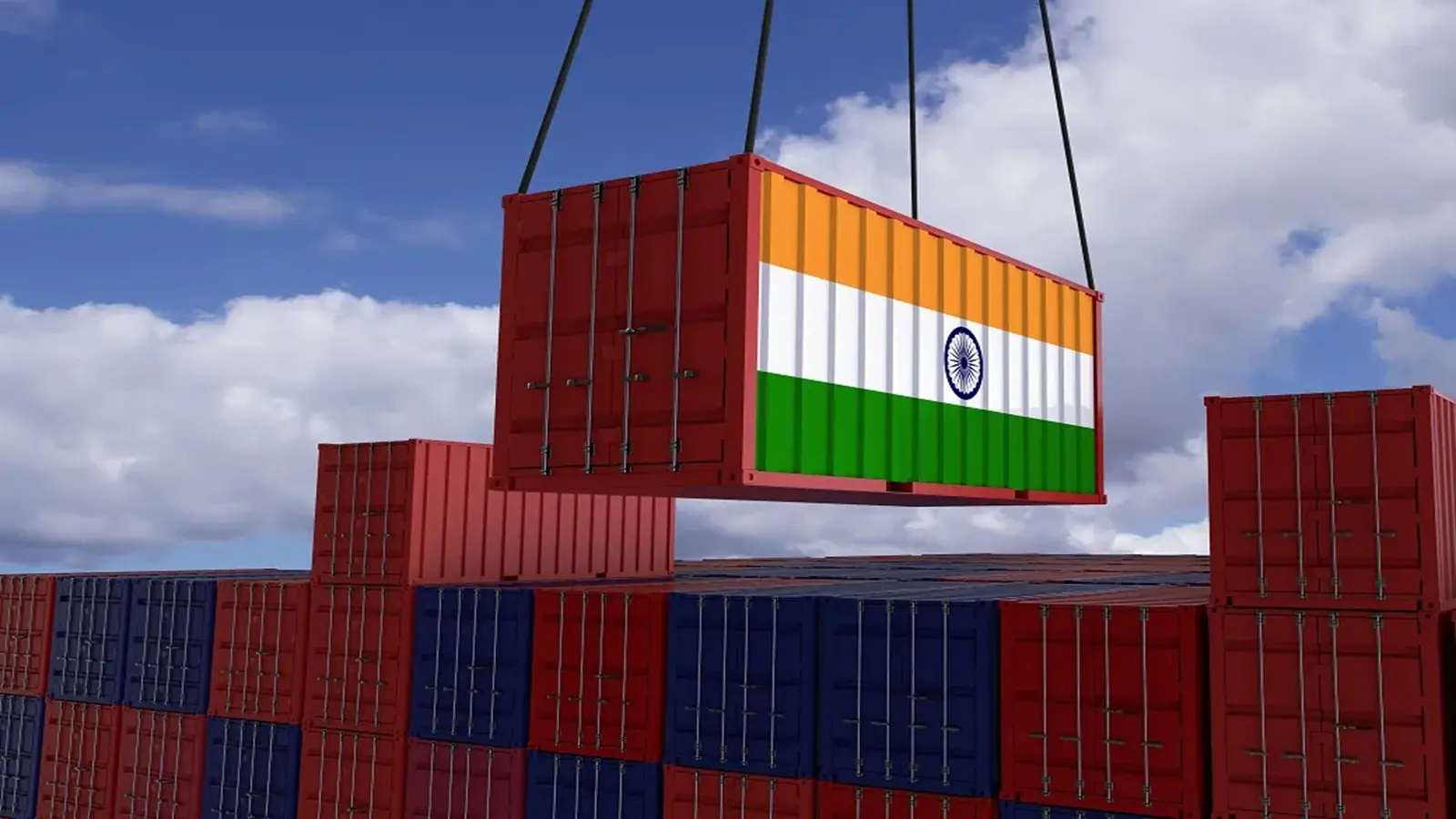

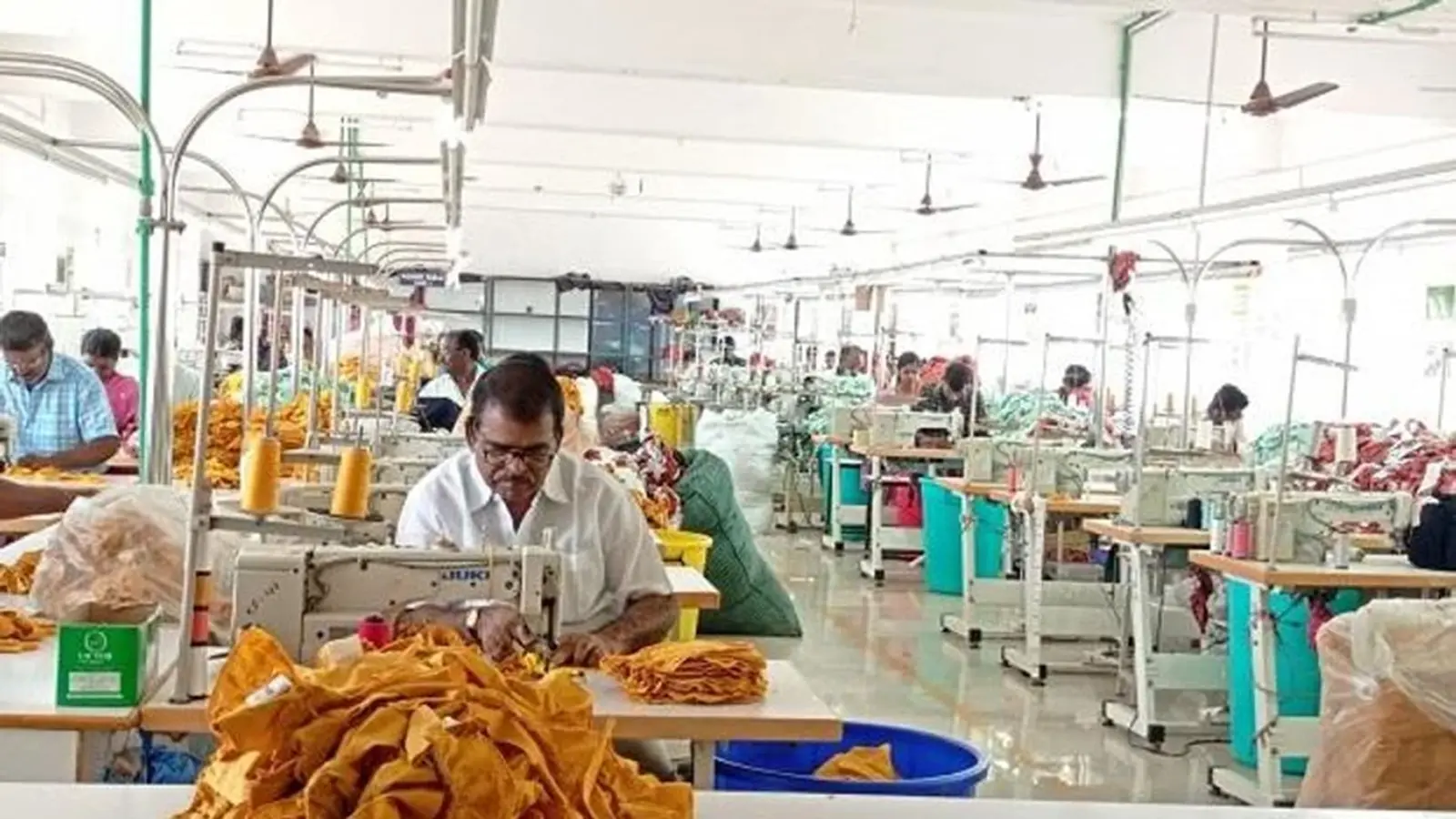
.webp)



1.webp)


1.webp)

1.webp)




























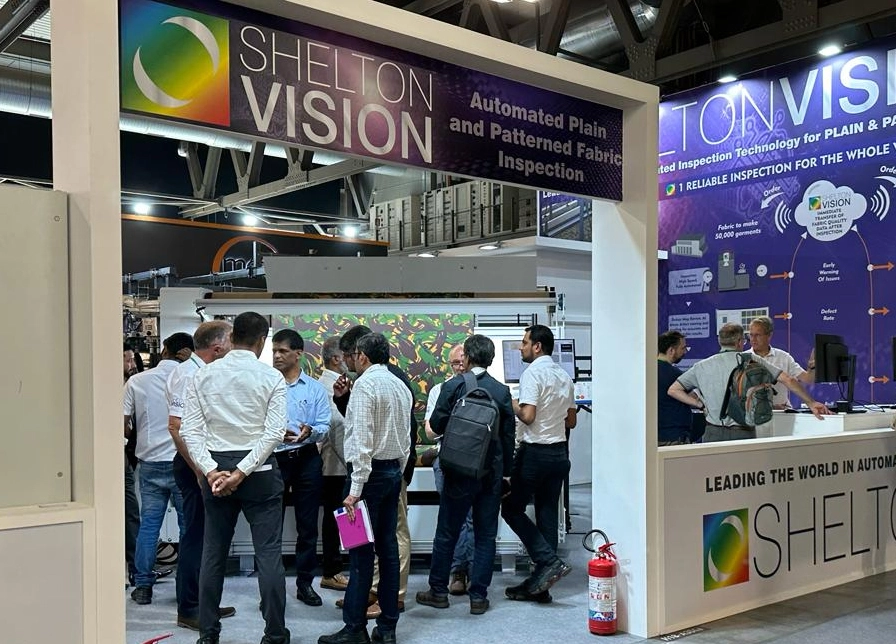












1.webp)



1.webp)
1.webp)


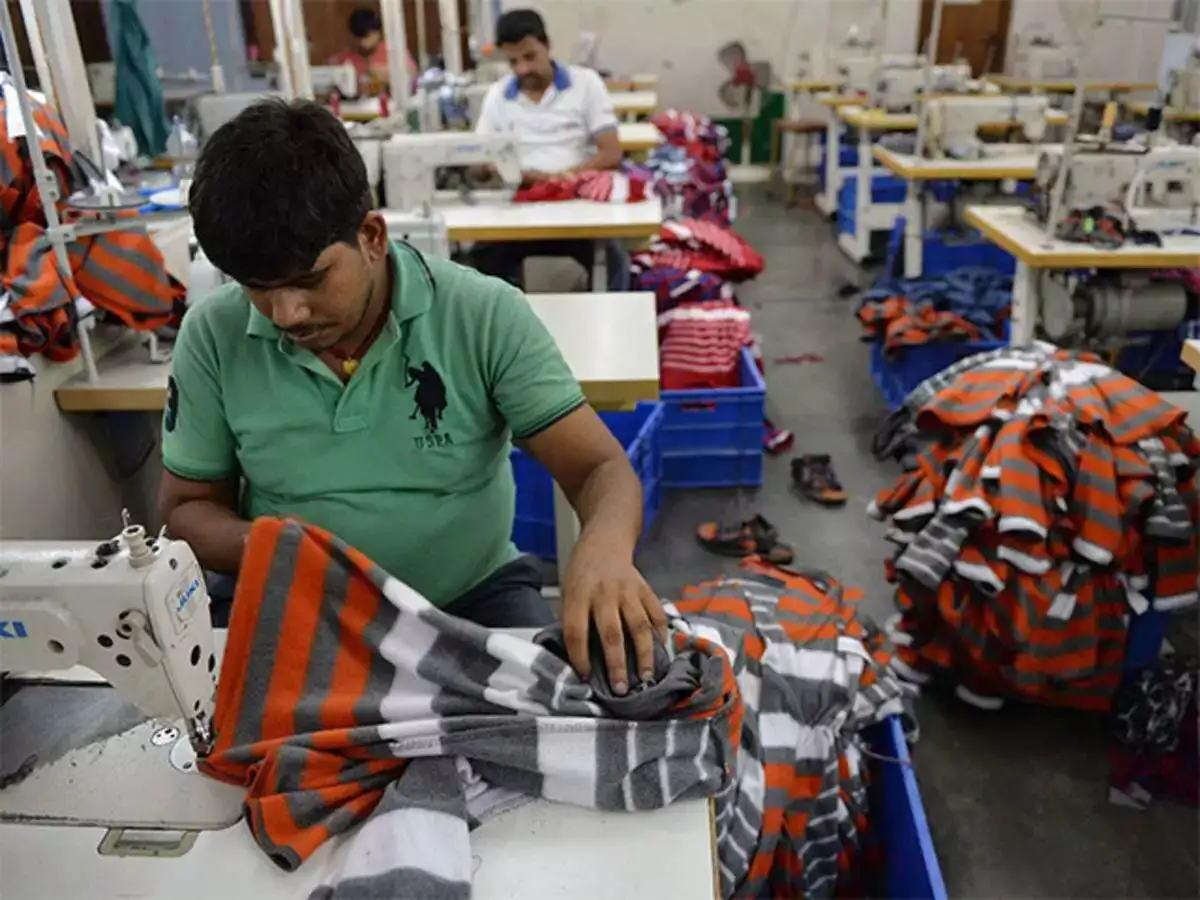

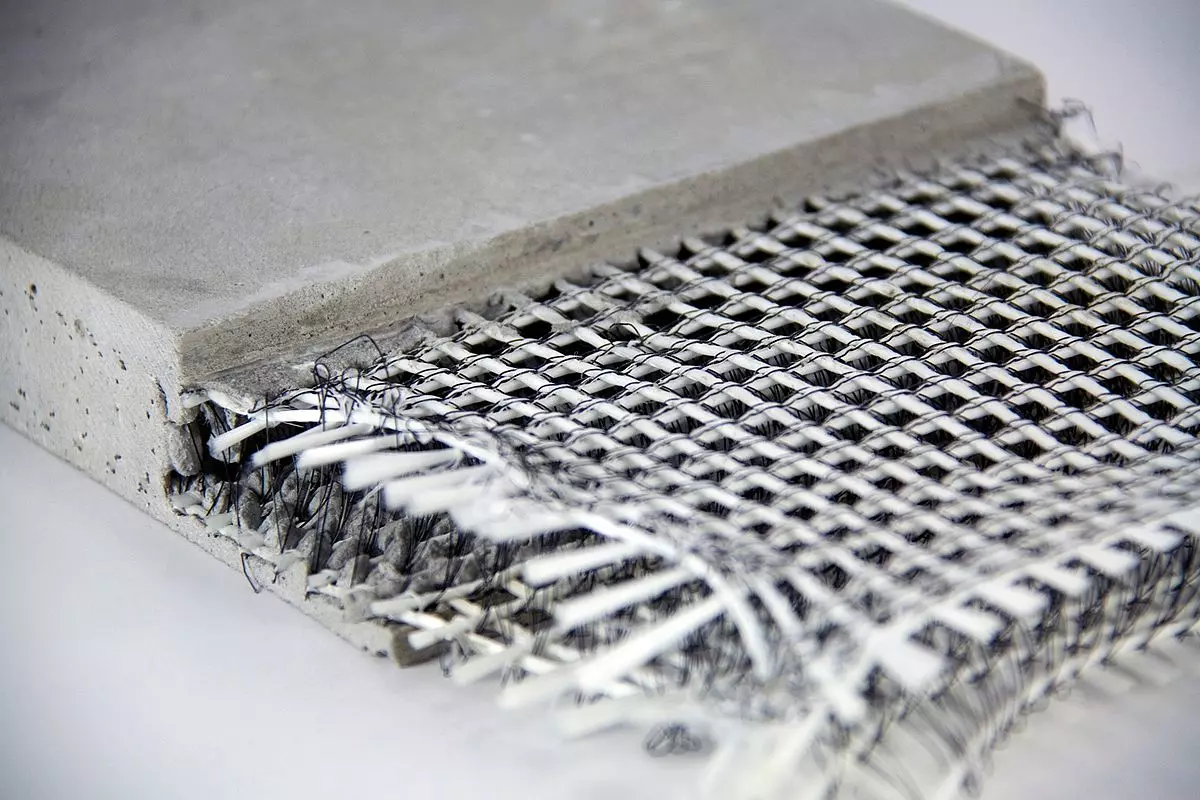
















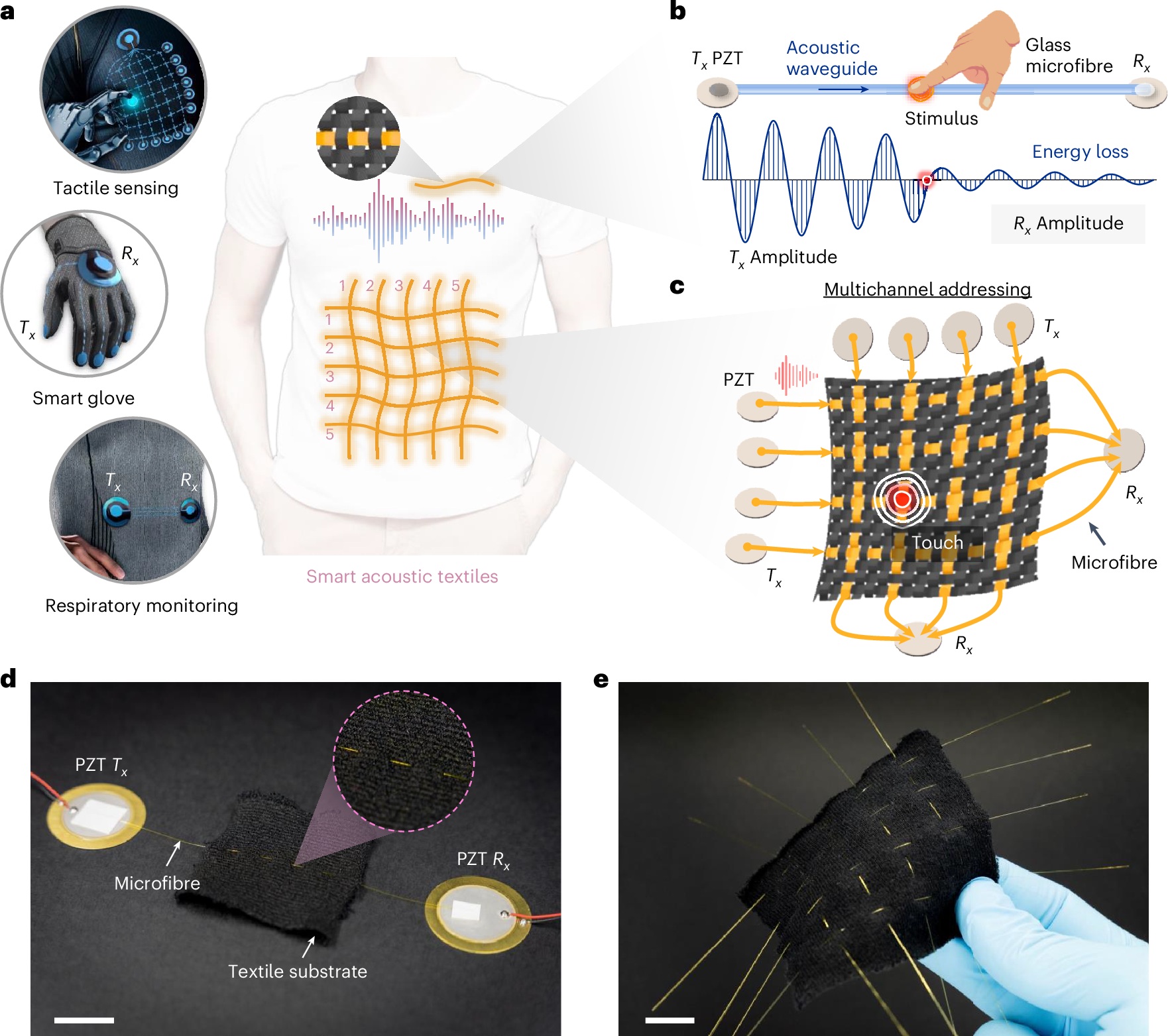
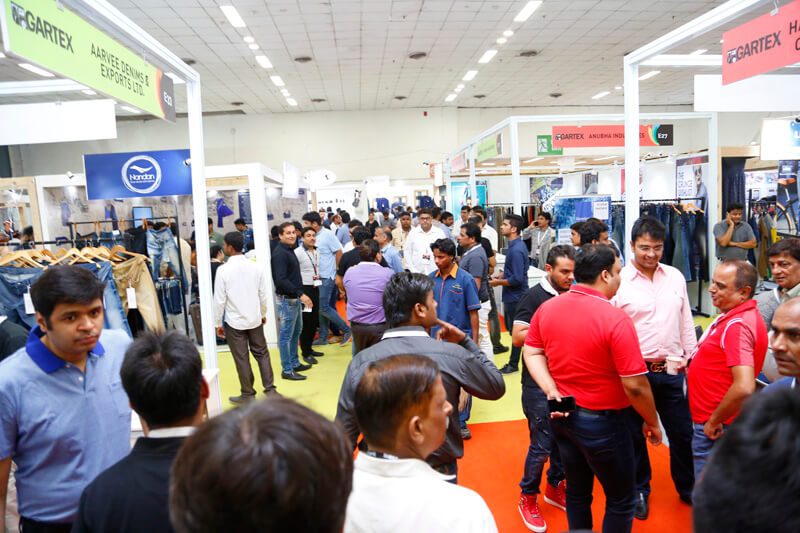
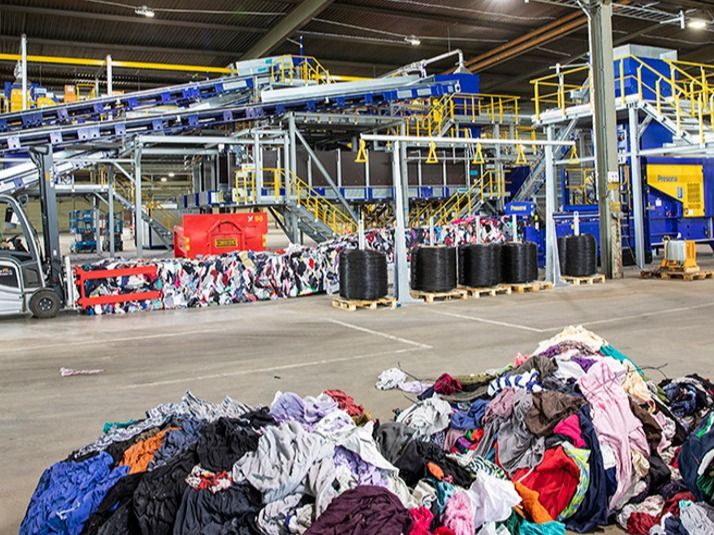



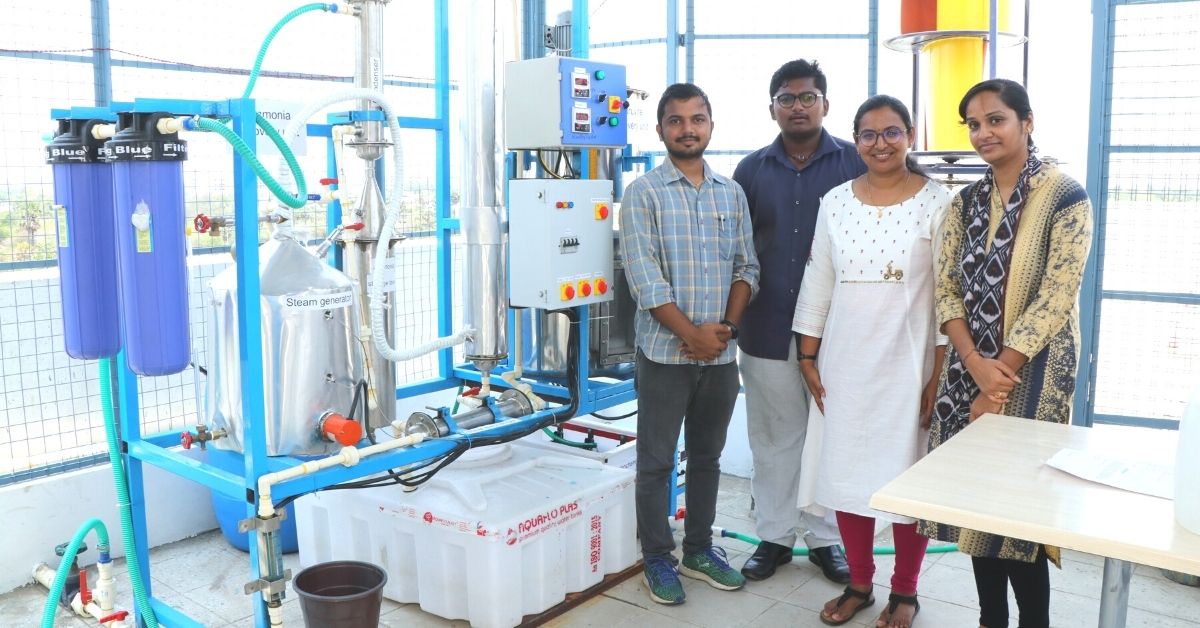














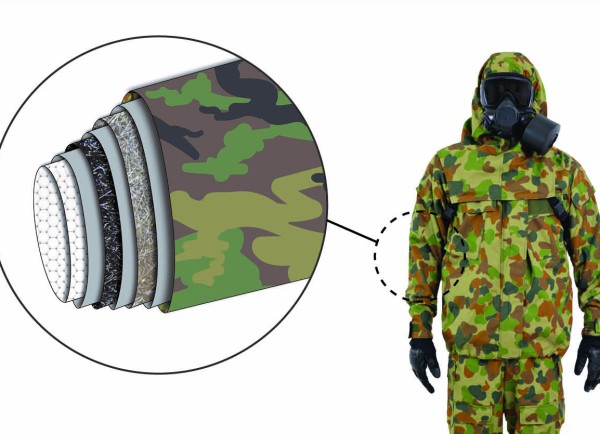



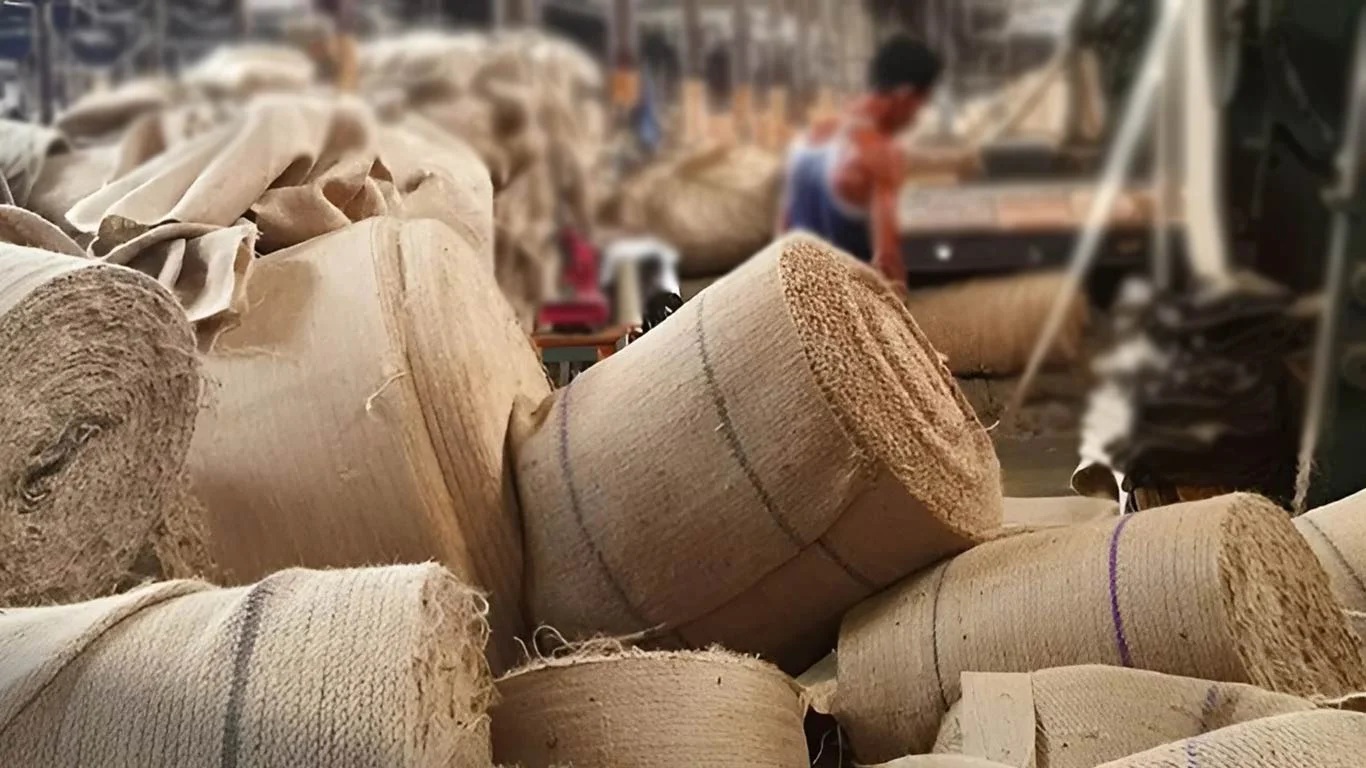


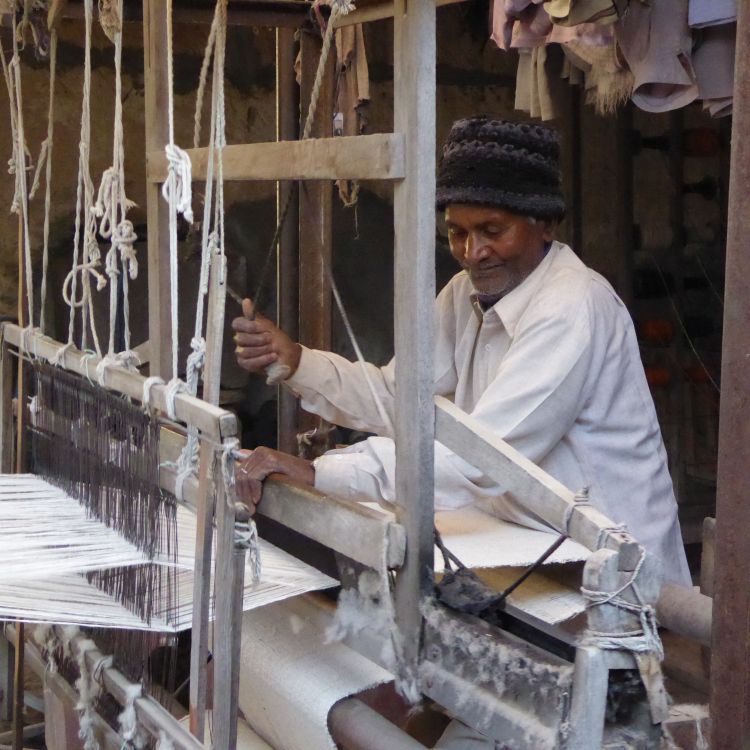

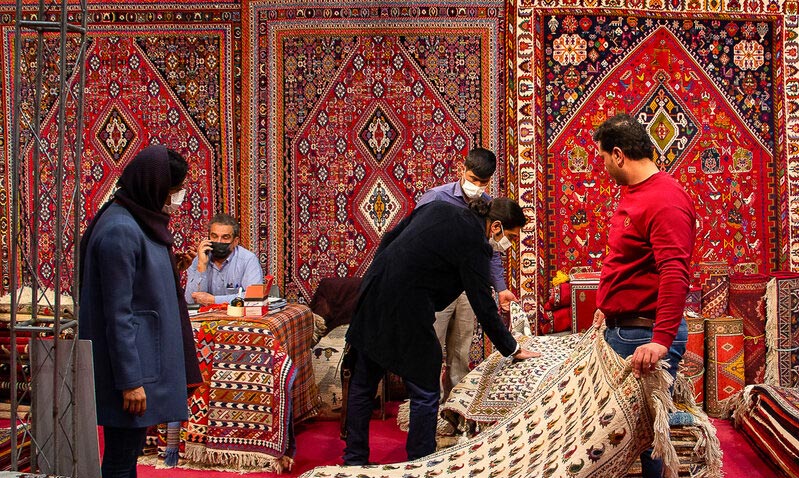














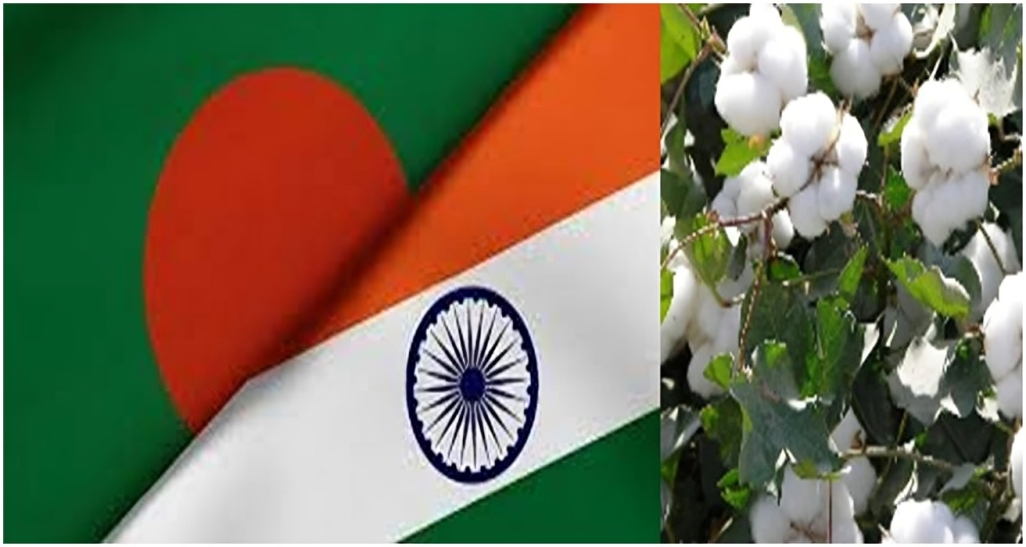
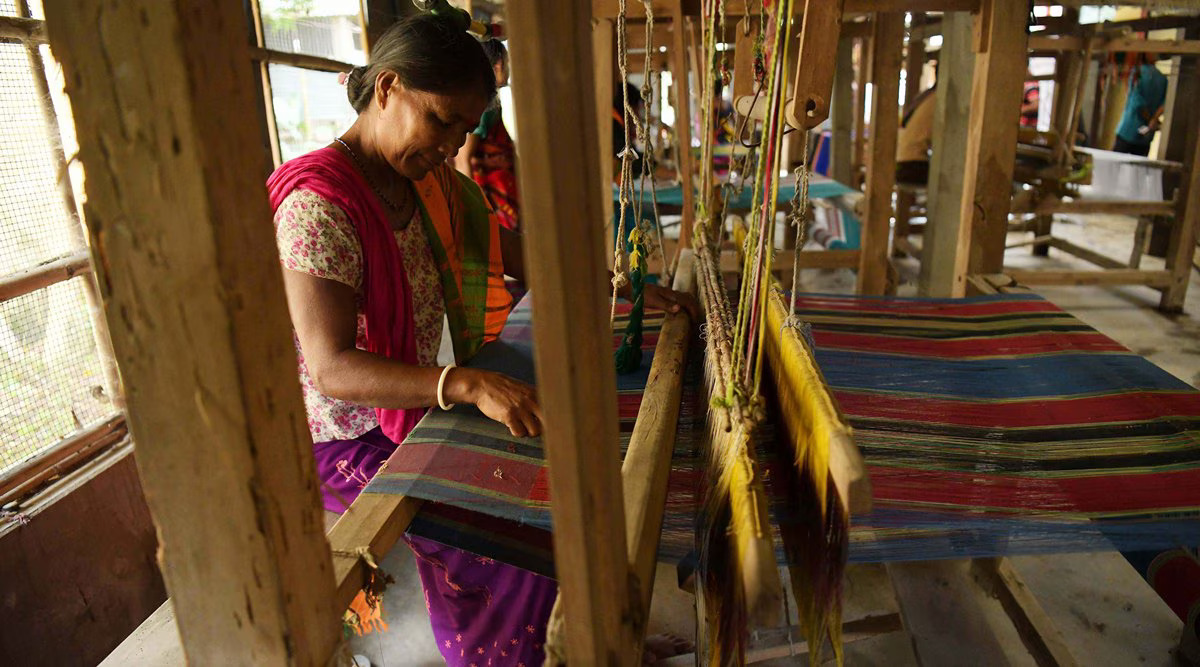



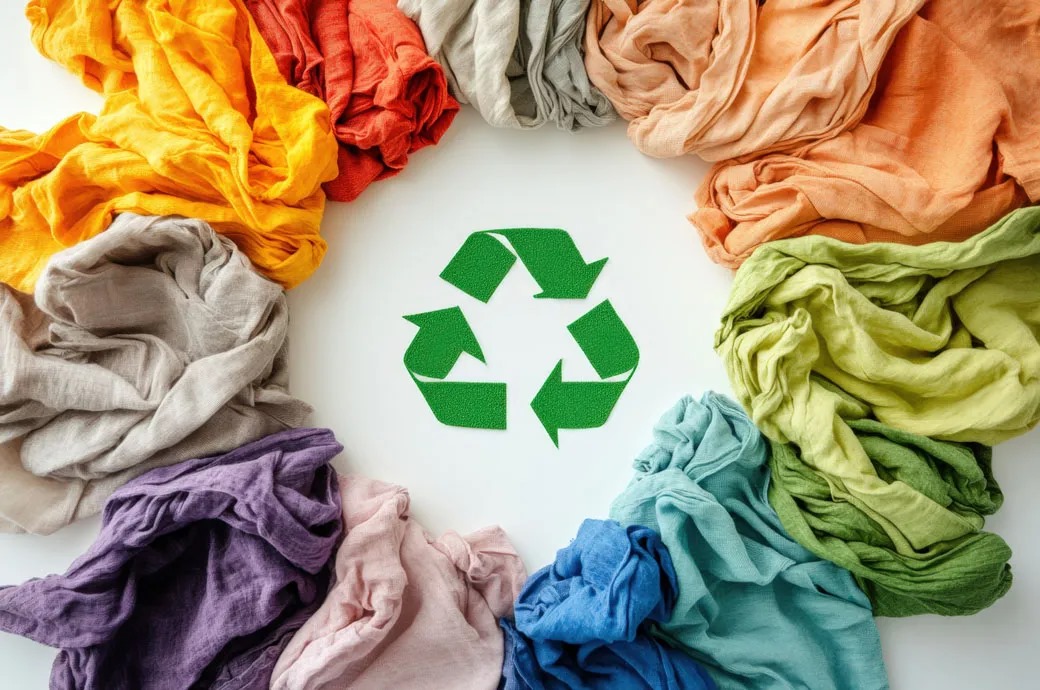















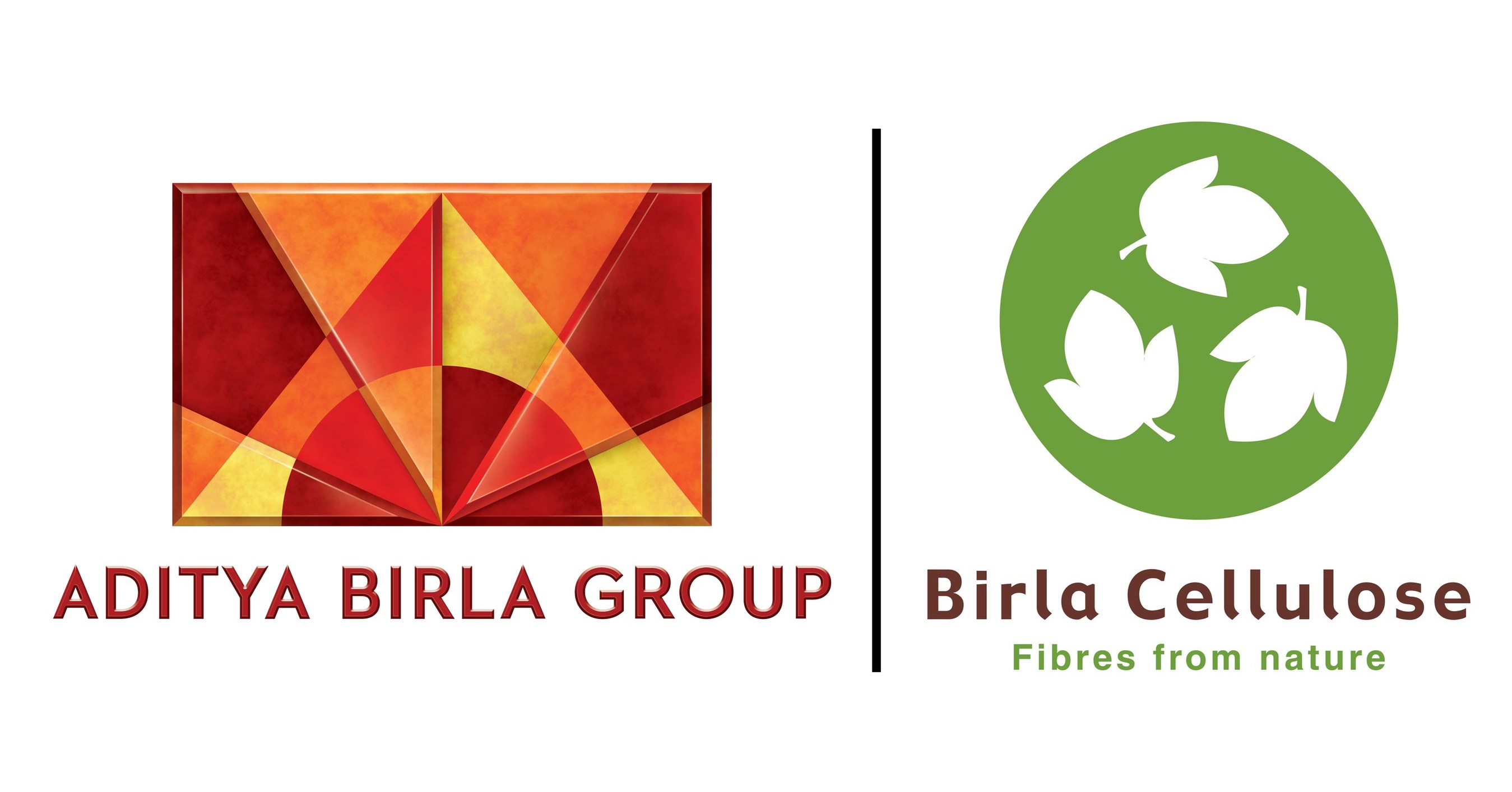






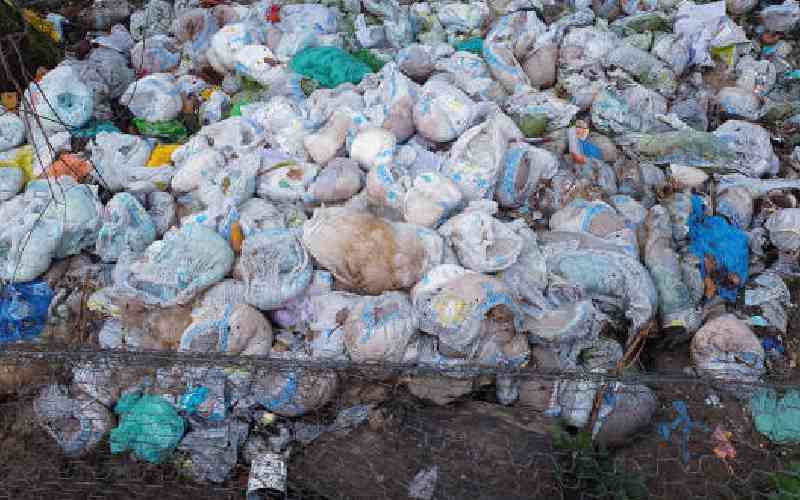











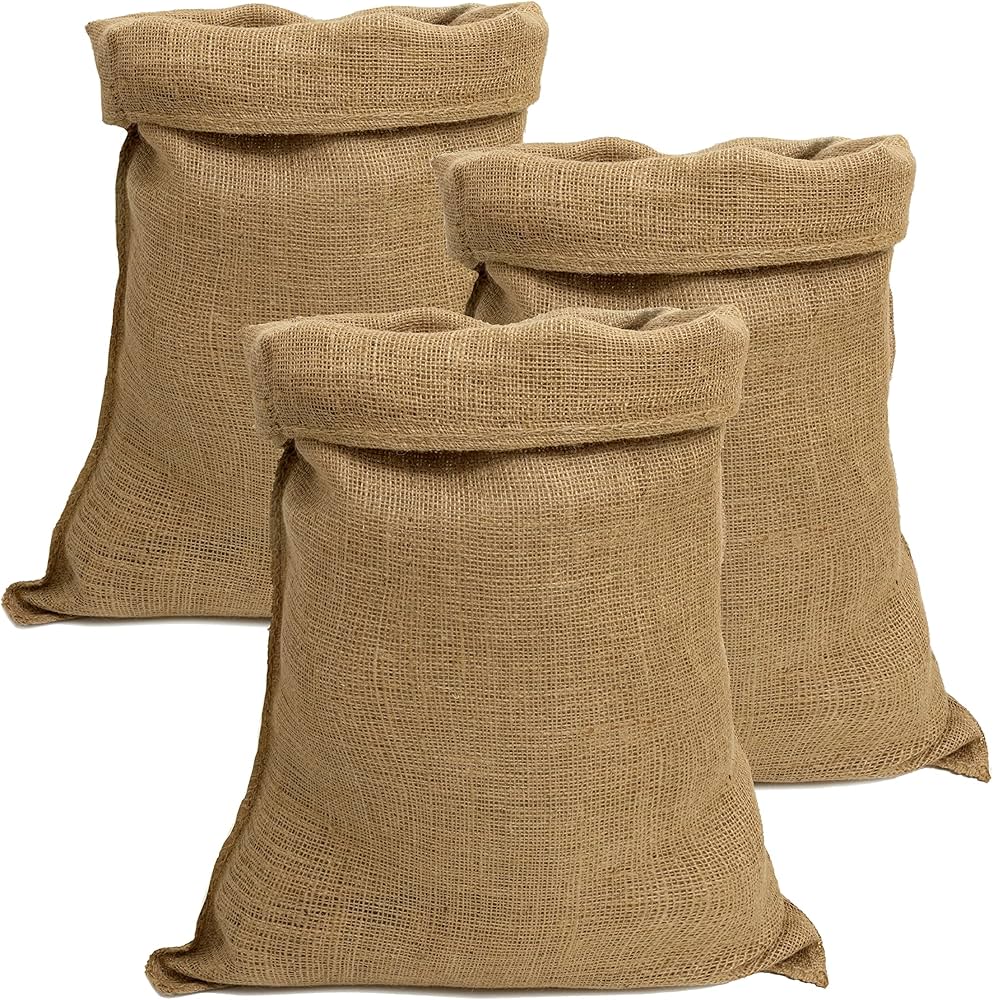










.png)




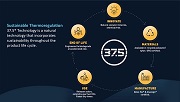






.jpg)
.jpg)
.jpg)











1.jpeg)